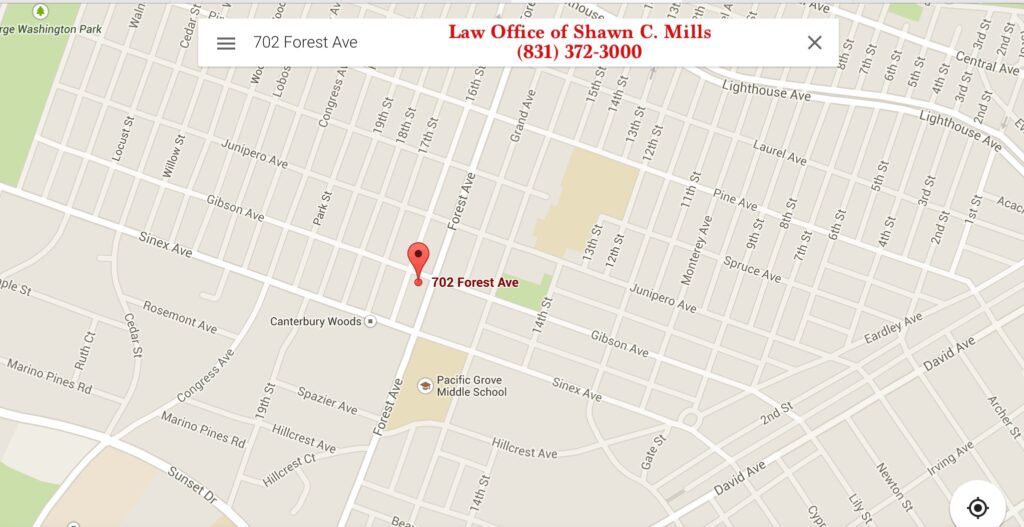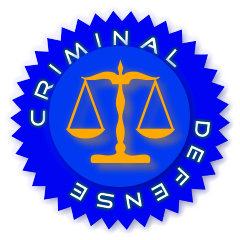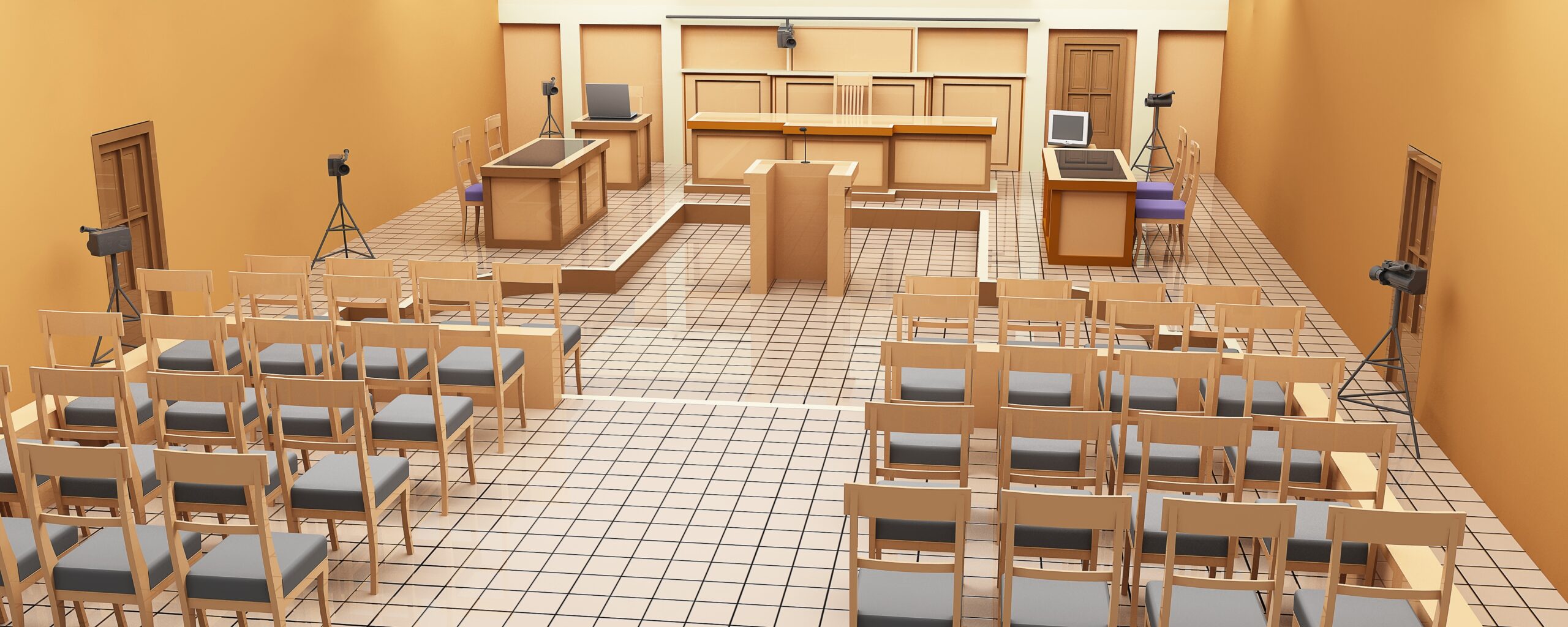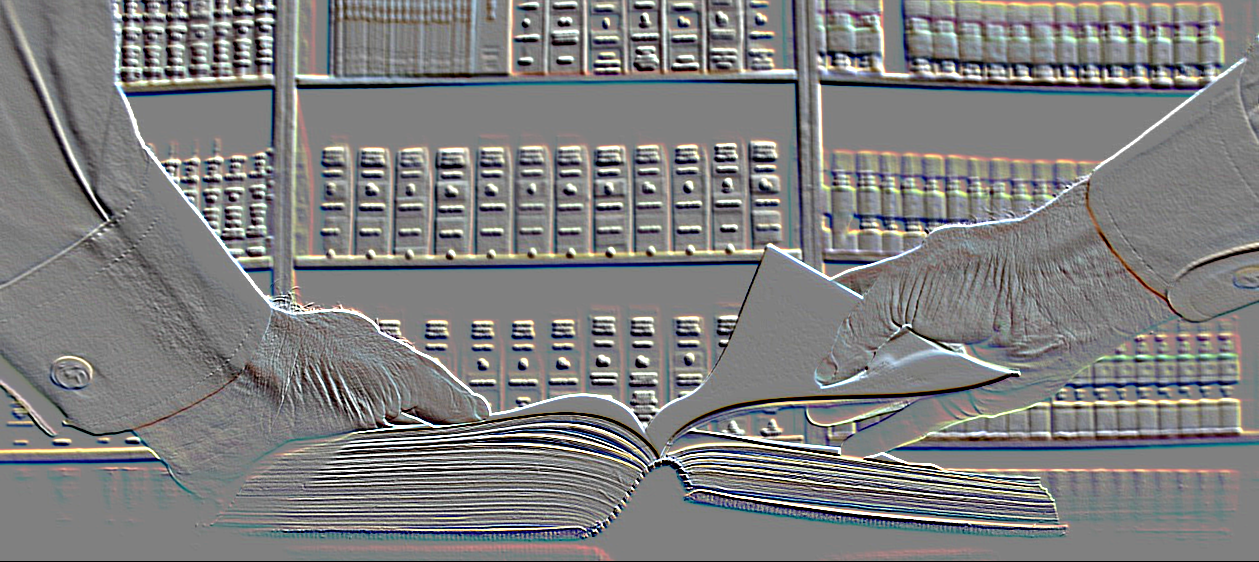You NEED a criminal defense attorney from the very start of your case. We will take your call anytime. If we do not answer leave a voice message and we will call you right back. The criminal court is very complex. Things can happen at your very first appearance that can change the path of your case until the end. You need to have a criminal defense attorney at your side at all times. We will appear with or for you, depending if the law requires your attendance.
FIRST APPEARANCE: At the arraignment, you are formally advised of the charges and your constitutional rights. Bail is often set during the arraignment.
You should have your criminal defense attorney by your side at this time. Bail is used by the court almost like an “insurance policy” that you will appear on future court dates. The amount of bail is determined by the judge. The judge will look to two factors in deciding bail: your risk of flight and whether you pose a danger to the community. Bail amounts can range from being released on your own recognizance, all the way up to millions of dollars. In some cases no bail is allowed.
You have a right to be arraigned without unnecessary delay – usually within two court days – after being arrested. You will appear before a municipal or a justice court judge who will tell you officially of the charges against you at your first arraignment. At the arraignment, an attorney may be appointed for you if you cannot afford one, and bail can be raised or lowered. You also can ask to be released on O.R., even if bail was previously set.

If you are charged with a misdemeanor, you can plead guilty or not guilty at the arraignment. Or, if the court approves, you can plead nolo contendere, meaning that you will not contest to the charges. Legally this is the same as a guilty plea, but it cannot be used against you in a non-criminal case, unless the charge can be punished as a felony. For many misdemeanors you do not have to appear in court if you have a criminal defense lawyer preset for you; unless otherwise instructed by the court.
Before pleading guilty to some first-time offenses, such as drug use or possession in small amounts for personal use, you may want to find out if your county has any drug diversion programs. Under these programs, instead of fining you or sending you to jail, the court may order you to get counseling which can result in dismissal of the charges if you complete the counseling.
If misdemeanor charges are not dropped, a trial will be held later in municipal court. If you are charged with a felony, however, and the charges are not dropped, the next step is a preliminary hearing.

PRELIMINARY HEARING: During the preliminary hearing, usually within 10 court days of the arraignment, the district attorney’s office must present evidence showing a reasonable suspicion that a felony was committed and that you did it to convince the judge that you should be brought to trial.
Preliminary Hearings are held in all felony offenses to review probable cause. This is necessary for the judge to determine whether there is sufficient evidence to support the charges against you. Once a Judge determines that there is probable cause, he sends the case to the Superior Court for trial. During the Preliminary Hearing, the district attorney or the judge can add additional charges and/or re-adjust the bail. If the judge has determined that there is probable cause to support the charges, the prosecutor will file a charging document called an Information in the Superior Court. The Information alleges the charges which you are facing at trial. At this time, you are formally advised of the charges and your constitutional rights. Again, you enter a plea of not guilty. You may have a second arraignment. If the felony charges are not dropped at the preliminary hearing, you will be arraigned in superior court where your trial later will be held.
PRE-TRIAL CONFERENCE: At the pre-trial conference, the defense attorney discusses the case with the prosecuting attorney and often may include the judge in this process. This is a good opportunity to speak with the prosecution in order to obtain the best possible deal, or plea-bargain. It also allows the defense attorney to provide information which may prove your innocence.

TRIAL: During the jury trial you are entitled to have a jury of twelve impartial jurors. Both the defense attorney and the prosecuting attorney have an opportunity to make opening statements, introduce witnesses and evidence in favor of their case, cross-examine witnesses and offer closing arguments. During the deliberation phase of the case, the jury decides whether the prosecution has met the burden of proving guilt beyond a reasonable doubt. If the jury finds you not guilty, you are free to go and not subject to further prosecution based on the same offenses.
SENTENCING If you are found guilty, the sentencing hearing is where the judge determines and imposes the appropriate punishment. You may be sentenced to probation instead of a term in state prison. Different crimes carry different possible penalties. You are entitled to a sentencing hearing to propose why you believe the judge should give you the lowest possible penalty.
COLLATERAL CONSEQUENCES :In addition to any sentence imposed by the court, conviction can have a number of additional consequences. In felony cases, these consequences can include, but are not limited to: loss of the right to vote, loss of the right to possess a firearm, loss of the right to associate with other known criminals, registration as a sexual offender, registration as a narcotics offender, or increased penalties for future convictions.
APPEALS: If convicted, you may file an appeal to an appellate level court with the argument that the trial court made legal errors. If the defense can prove that the trial court made legal errors, or you were denied due process of law or a fair trial, it may result in the reversal of your conviction.
If you are charged with a crime and unable to understand English, you have a right to an interpreter throughout the proceedings.
Monterey California criminal defense attorney. Professional criminal defense lawyer California. Best attorney for criminal charges for domestic violence, assault battery, theft, shoplifting, drug charges, drunk driving and much more in Monterey, Pacific Grove, Pebble Beach.

Shawn C. Mills, Attorney at Law #189896
MONTEREY CRIMINAL DEFENSE SERVICES
702 Forest Avenue, Suite A
Pacific Grove, CA 93950
(831) 372-3000 or
(831) 521-Six-Two-Six-Five













